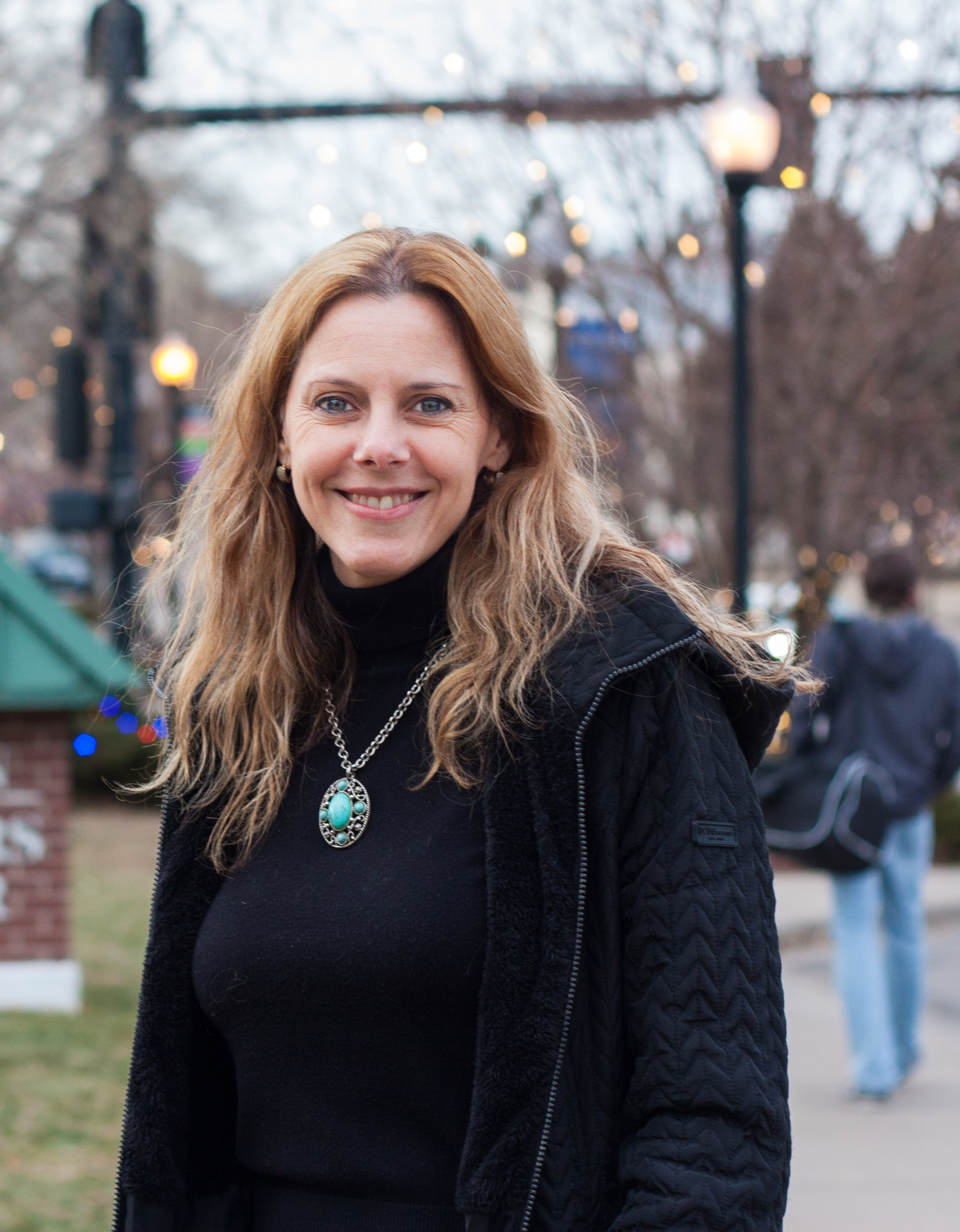This is a continuation of our "IANR is Global" series, which highlights the many ways internationalization is woven through the Institute of Agriculture and Natural Resources: through research collaboration, government and private industry partnerships, extension work, student educational experiences and the IANR community from around the world.
This edition is specifically focused on the many global voices we have on campus who will be sharing their expertise through seminars during spring semester 2020. Visiting research scholar Luciana Pires will be presenting a talk entitled “An Overview of Brazilian's Neglected Diseases and Zoonosis from the One Health Perspective” on February 3, as part of the School of Veterinary Medicine and Biomedical Sciences seminar series. We appreciate the expertise we are fortunate to have from all over the world, as shown by their many and varied contributions to the work of the university and our continued mission to create a globally engaged institution. To this end, we want to help our campus community get to know each other (and the world) more, starting with these experts.
Where is your hometown? Where did you receive your education?
I am from Curitiba, the capital of Paraná State, located in the south of Brazil. I received my degree in Veterinary Doctor and my Master`s degree at Universidade Federal do Paraná (UFPR- Brazil).
Tell us a little about your path to where you are now.
When I was an undergraduate student I had my first opportunity to be an exchange student at UC Davis - at the California Primate Research Center- and at the Vet Dentistry Lab. My first work in Brazil was with a small animal clinic, where I worked for almost 10 years.
I also worked as a military veterinarian for 7 years at the Brazilian Army. In the army, I was responsible for the dog's kennel and I worked with food inspection, being responsible for all the food's storage and its distribution for the military barracks within the Parana and Santa Catarina states.
After I received my Master's degree, I taught at a vet school for 7 years, teaching veterinary semiology. After this diverse experience in veterinary medicine, always working with animal health with direct influences in human health, I came to discover the One Health approach. I am currently a Ph.D. student at the Vet School (UFPR) in One Health and an affiliated researcher at UNL.
What is something people don’t know (or that you wish they knew) about where you’re from?
Brazil is the only country in South America that doesn't speak Spanish. The official language is Portuguese, and the capital is Brasilia (neither Rio de Janeiro nor Sao Paulo, the most known Brazilian cities). The State of Paraná has one of the largest soybean production in the country and is the largest producer of poultry, making Brazil the largest chicken meat exporter.
The city of Curitiba is modern and innovative. In 2010, was awarded the Global Sustainable City Award, given to cities and municipalities that excel in sustainable urban development. Curitiba's metropolitan area comprises 26 municipalities with a total population of over 3.5 million, making it the seventh most populous metropolitan area in the country.
Why is it important for institutions like the University of Nebraska to have faculty from different parts of the world?
Living in a globalized world, it is necessary to exchange scientific and cultural knowledge which can enrich the research quality.
What is one piece of advice you would share with students?
Don't be afraid to be open minded and think outside the box.
We encourage the campus community to attend Luciana's seminar at 4:00 p.m. on February 3 in Veterinary Medicine and Biomedical Sciences Hall, room 145!
---
Are you giving a seminar in spring 2020 (or the future) and have an international element to your work, studies or background you'd like to see highlighted? Contact Brianne Wolf at bwolf4@unl.edu.
